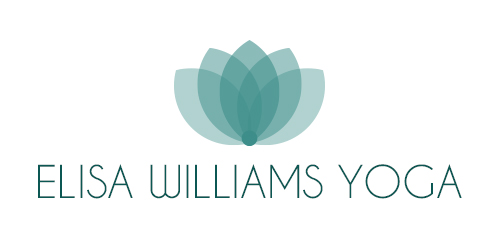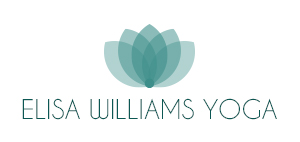“When we do the best that we can, we never know what miracle is wrought in our life, or in the life of another – Helen Keller”
Over recent weeks, the scale of the devastation faced in Pakistan by unprecedented floods has filtered on to our television screens. As the realisation of what had happened began to dawn on us, the people of Britain have been praised internationally for their generosity with other nations quick to follow. Prayers are being said in mosques and churches, synagogues and temples all over the world for this beleaguered nation. Even in yoga classes teachers are encouraging their students to hold the people of Pakistan, at the centre of this human tragedy in their hearts. Graphic news images of men, women and children trying to clear unimaginable quantities of slurry and mud from the rubble that remains of their villages has really made us look at our own homes and loved ones and be thankful.
Time and time again after these shocking catastrophes we see the world coming together like it does at no other time. Even after nine years we continue to hear how 9-11 changed the lives of people forever; how people otherwise caught up in their own lives suddenly dropped everything to turn their eyes outside of themselves, with hearts of compassion. Earlier this year I watched a television programme about the Tsunami and it effects five years on. It is hard to believe that this dreadful event was already so long ago and while the rest of us in the world have moved on and buildings and towns have been rebuilt, many communities and families have remained shattered forever in the worst hit places. More recently still, has been the unimaginable horror of the earthquake that struck impoverished Haiti with all the troubles that island nation already had to bear. There, the effects of the aid effort will take years and years to make any significant impact and to many Haitians it probably seems as if the world has already forgotten them.
But why is it that we humans so often have to wait until something catastrophic happens before we allow our hearts to express compassion? Why can’t we live compassionately everyday? We don’t have to look too far to find people who need our compassion, people who may have just lost a loved one, been diagnosed with cancer, or lost their source of income. When we look outside of ourselves compassionately, we open ourselves up to a different world. What if we allowed our emotions to connect with other people every day and made a conscious decision to be more compassionate without the trigger of an international tragedy?
SInce I have become a yoga teacher, I have met many people who are trying to change their lives for the better, sometimes after traumatic events or illness. They might have decided to start by trying to become physically healthier but in reality this first step towards helping themselves through yoga works hand in hand to help them become healthier both emotionally and spiritually.
There is a reason that we are made of these three entities. We need to experience that sense of well being in all areas of ourselves before we can become completely healthy. When we step outside ourselves and plant seeds of hope, encouragement and even relief in the lives others, even if its only in some small way we also find that we are also helping ourselves.
We all need to be there more for each other, in good times and in bad. We all need to take responsibility. Some time ago I stumbled across this quote.
“I always thought that someone should do something about that and then I realised I was somebody.”
The words are Lily Tomlin’s but the sentiment applies to us all.
“I always thought that someone should do something about that and then I realised I was somebody.”
The words are Lily Tomlin’s but the sentiment applies to us all.
I think it’s fantastic that the world has rallied together once again when confronted by devastation on such a massive scale. But why don’t we all challenge ourselves to live our lives more compassionately on a daily basis. To make a conscious effort to notice the people around us and open ourselves up to caring more even if it’s just with an encouraging squeeze on the arm or a genuine smile. Maybe delivering a bit of shopping or dropping round with a cooked meal, which is a really appreciated scheme run by my local church or even just by saying a simple, kind word and sparing a few moments just to listen.
People need to love and be loved. If we make it our purpose to live our lives more compassionately, I think we might all be surprised and rewarded at how often we find ourselves in the path of someone who may have gone into tomorrow without hope and for whom we were able in some small way to make a difference.




